Parents, let children explore their identities as they grow up
Midway Staff
Skye Freeman argues that parents should give children free rein to figure out how they identify and allow them to explore and express themselves as they wish, instead of raising them gender-autonomously.
March 28, 2023
The small-yet-rising number of adults who choose to raise their children gender-autonomously has sparked controversies in the parenting world, as the discussion increases around biological accuracy versus stopping gender stereotyping.
Rather than changing the laws of nature, we should focus on changing the binary system of girls versus boys, continue to let children identify as the gender they were assigned at birth, and allow them to explore their identity as they please.
In a study with 9- to 32-month-old boys and girls, carried out by a group of psychologists in London, it was noted that despite their age, the children’s visual interests in toys were aligned with well-known toy preferences. Younger girls were more interested in dolls, and boys were more interested in trucks, yet the scientists noted that as children grew, they both tended to opt for trucks rather than stereotypical toys.
Cognitive development and environmental aspects are essential factors in how children grow, and we should let them progress instead of forcing gender neutrality onto them.
Allowing children to choose between neutral toys and outfits can let them explore what they wish to identify as moving forward, instead of overwhelming them with the thought of choosing their gender in addition to their sexual identity.
We must work to alter gender-bound stereotyping in school and home settings and let children lead their lives, without letting parents choose children’s identities themselves. By giving children free rein to figure out how they identify, and by celebrating differences, we can allow them to explore and express themselves as they wish.



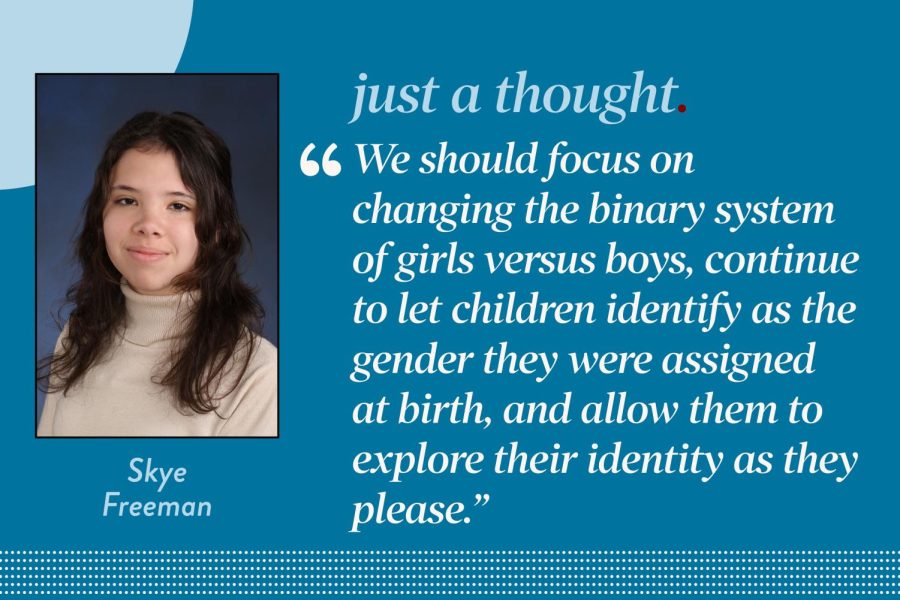



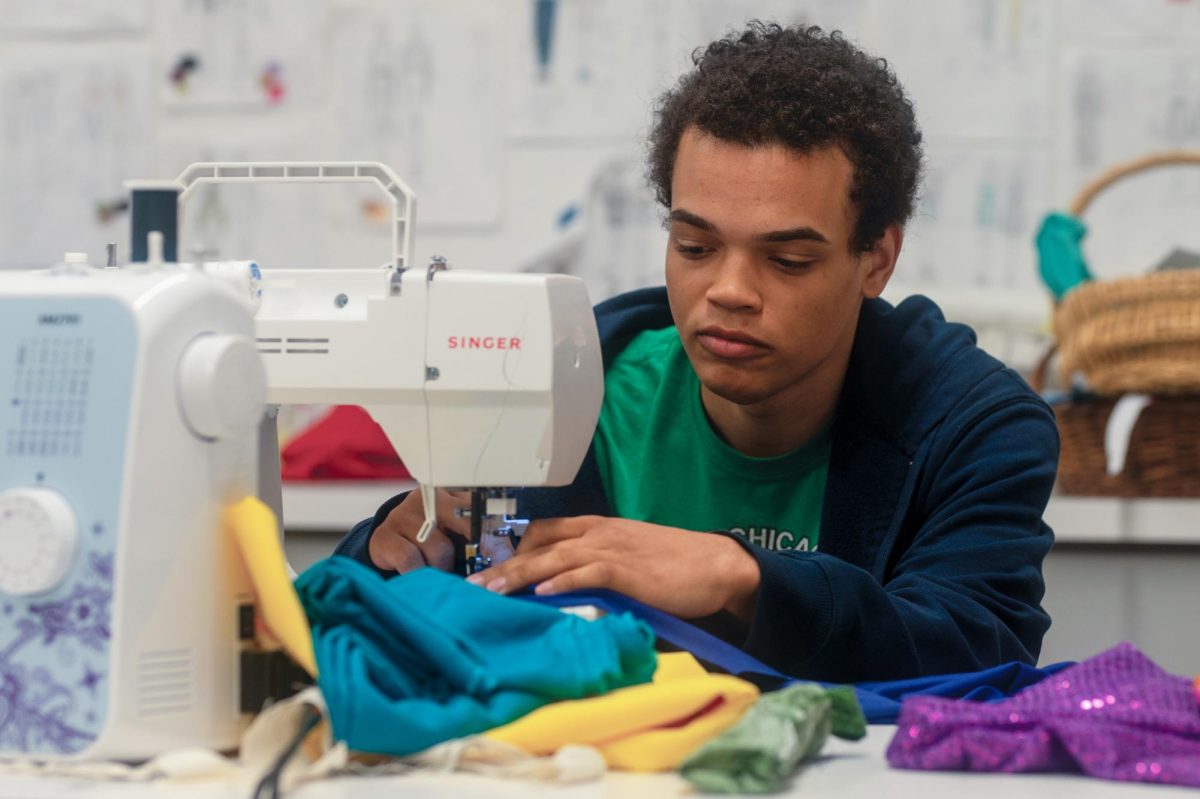



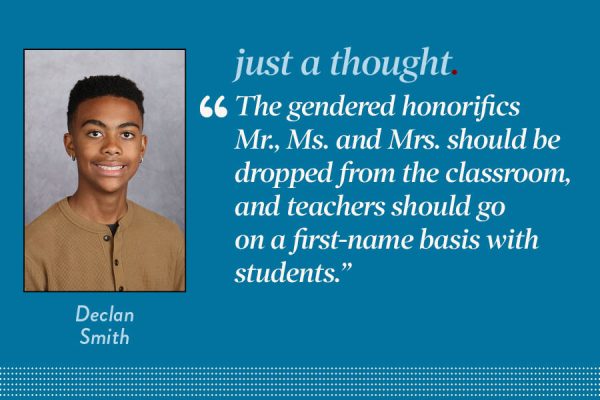

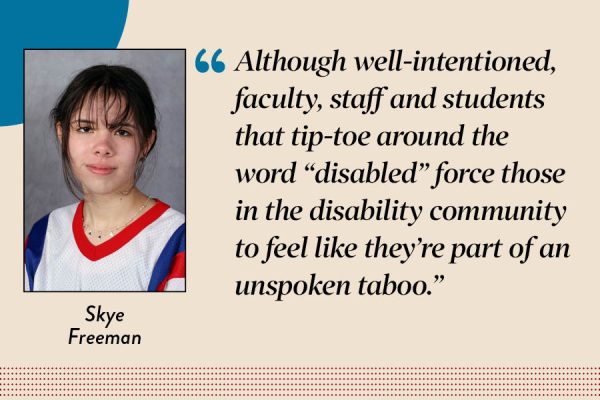

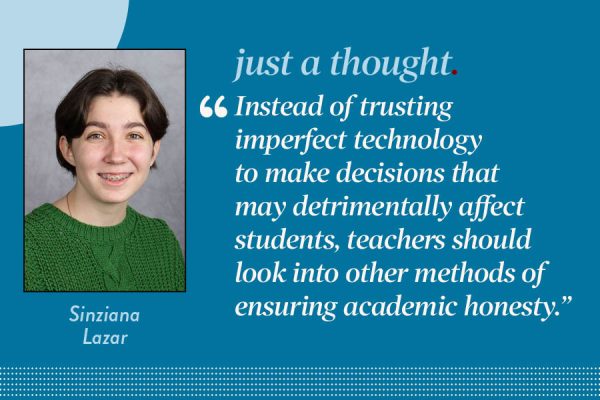
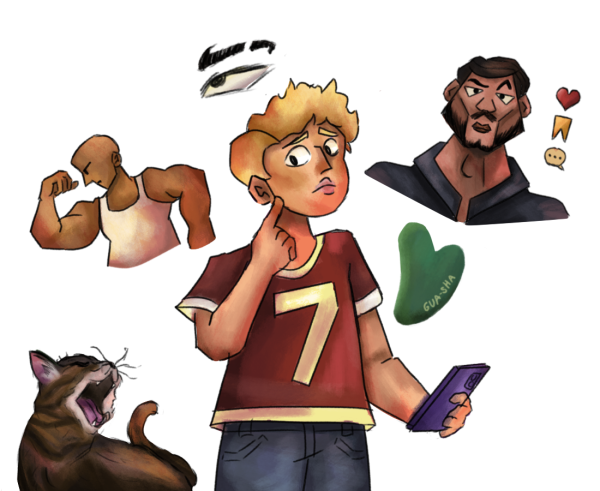

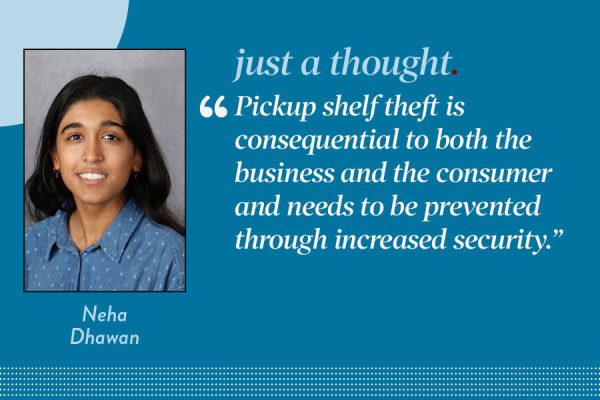
Mark Moseley • Jul 26, 2023 at 11:54 am
A+. Thank you! I was editor-in-chief in 1988 and I love that the Midway is still setting the standards.